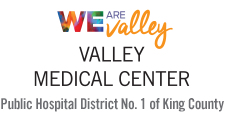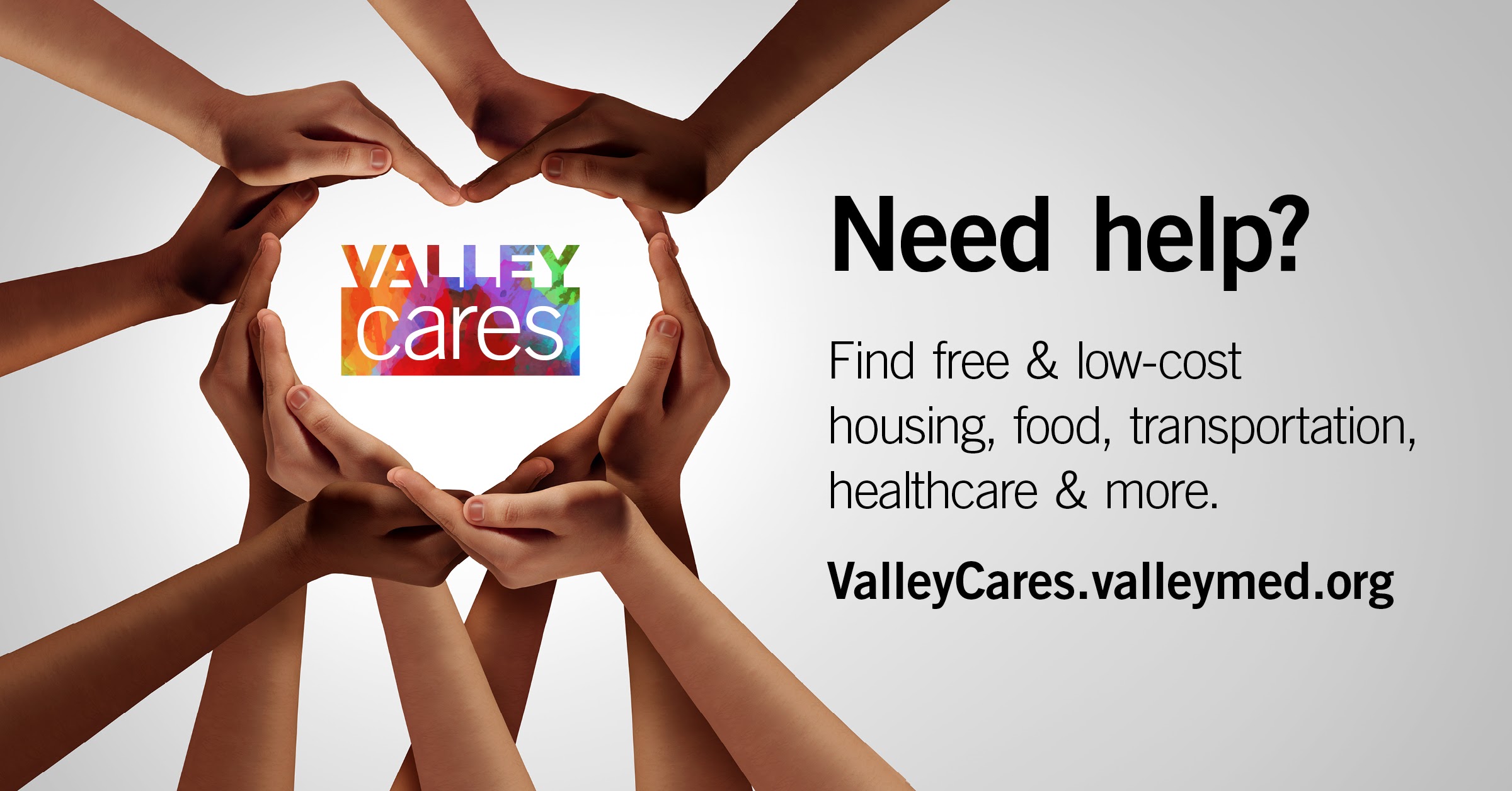Share your perspective and help improve the health of our community! We are conducting a Community Health Needs Assessment (CHNA) to help us better understand the health needs of the community our health system serves. Learn more and take the short survey.
Stroke Resources
We know that dealing with strokes can be overwhelming, to ease that stress we hae compiled helpful resources related to services, education, and support groups.
Reducing your risk
Resources that can help you reduce and minimize lifestyle choices that can lead to stroke.
Smokefree.gov
The National Cancer Institute (NCI) created Smokefree.gov to help you or someone you care about quit smoking. Smokefree.gov is a part of the U.S. Department of Health and Human Services’ efforts to reduce smoking rates in the United States, particularly among certain populations. They offer free resources, tools, and information to help you quit smoking.
Smokefree.gov offers free text messaging programs that give 24/7 encouragement, advice, and tips for becoming smokefree and being healthier. Find the program that meets your needs. You can sign up or opt-out at any time.
Specific services include:
- SmokefreeTXT - for adults
- SmokefreeMOM - for pregnant women who want to cut back on cigarettes and quit smoking
- SmokefreeTeen - for young adults 13 to 17 years old who want to be smokefree
- SmokefreeVET - for veterans with VA health care benefits who are ready to quit
- DipfreeTXT - for young adults who want to quit dip
To enroll, sign up for a service on the program's website. To receive immediate services, send a text to 47848.
Quit Smoking Hotline
www.cancer.gov/about-cancer/causes-prevention/risk/tobacco
877-448-7848
The National Cancer Institute (NCI) offers free, confidential information about quitting tobacco by phone and online via the chat feature.
NCI’s trained counselors provide information and support for quitting in English and Spanish. Smoking cessation counselors are available online by clicking the "Quitting Smoking" button in the LiveHelp pop-up on our website.
Craving to Quit App for Smartphones/Tablets
Download from Google Play or the Apple Store on your smartphone/tablet
Craving To Quit is a 21-day program based on a successful smoking cessation program developed and tested at Yale University. Craving to Quit provides daily instruction through playlists of audio and video tracks, goal-setting tools, and daily reminders. As you progress through the program, we will walk you down to 0 cigarettes/day by giving you the tools you need to successfully quit smoking – one step at a time.
Diabetes Management
www.diabetes.org/healthy-living
www.diabetes.org/diabetes/type-2/living-with-type-2-diabetes-program
800-342-2382
Free information and resources on managing diabetes from the American Diabetes Association (ADA). Created for those recently diagnosed with type 2 diabetes, the Living With Type 2 Diabetes program is free and offers participants an opportunity to learn about diabetes and diabetes management gradually over a 12-month period. This free program is available in English and Spanish.
Weight Management
www.niddk.nih.gov/health-information/weight-management
Resources, fact sheets, and tools related to weight management and healthy eating from the National Institute of Diabetes and Digestive and Kidney Diseases (NIDDK).
Resources on diet, physical activity, and self-care from the American Heart Association (AHA).
Healthy for Good is a healthy living movement to inspire lasting change in your health and your life, one small step at a time. The approach is simple: Eat smart. Move more. Be well.
- Eat Smart: Healthy eating and cooking start with smart food choices. Learn what to look for at the grocery store, in restaurants, at your workplace and on any eating occasion.
- Move More: Let’s stick with it! You’ll build more opportunities to be active into your routine when you find ways to move that you like.
- Be Well: Eating right and being active top our to-do list. True health also includes getting good sleep, practicing mindfulness, managing stress, keeping mind and body fit and connecting socially.
MyPlate is a visual reminder to make healthy choices from each of the five groups. MyPlate.gov offers tips and resources that support healthy dietary patterns. Developed by the US Department of Agriculture.
www.oldwayspt.org/traditional-diets/mediterranean-diet
Information and resources on the Mediterranean diet, including meal plans, recipes, and shopping lists from Oldways. Oldways is a nonprofit organization helping people rediscover and embrace the healthy, sustainable joys of the “old ways” of shared cultural traditions.
Educational materials and resources on healthy sleep habits and improving sleep quality from the National Sleep Foundation (NSF).
Find Support
Resources related to support for those affected by stroke.
www.stroke.org/life-after-stroke
Information and Resources for patients and their caregivers to navigate care after a stroke, include rehabilitation, support groups, exercise and more from the American Stroke Association.
Stroke Family Warmline
www.stroke.org/help-and-support/for-family-caregivers/stroke-family-warmline
888-478-7653
The Stroke Family Warmline provides stroke survivors and their families with an American Stroke Association team member who can provide support, helpful information or just a listening ear. This program provides connection to available community resources, information regarding stroke and after-care, and emotional support.
The Stroke Family Warmline answers call from Monday through Friday 8:30am to 5pm CT. If they don't answer your initial call they will call you back as soon as possible.
American Stroke Association Support Network
The American Stroke Association Support Network gives stroke survivors and caregivers the ability to connect all around the country with others who may be sharing their experiences. This allows users to learn from people whose experiences they can trust and relate to.
Users are able to:
- Share their story with others
- Comment on other’s stories and give feedback
- Get answers to their questions from healthcare professionals
- Speak to others on their own forum
- Learn about regaining independence
- Find emotional support
Insurance, Disability, & Caregiver Resources
Resources related to the long-term care of someone impacted by stroke, including those in caregiver positions.
Washington Health Plan Finder
Washington Healthplanfinder is the online marketplace where individuals, families and small businesses can find, compare and enroll in a health plan. They provide secure access to plan details and messages as well as a convenient way to upload needed documents with the snap of a photo. Powered by the Washington Health Benefit Exchange, Washington Healthplanfinder is the official ACA-compliant health benefit exchange for Washington State.
Medicare Hotline
1-800-MEDICARE (633-4227)
The official Medicare phone number that beneficiaries may call for help with their coverage, claims, payments and more. Clients may call 24 hours a day, 7 days per week, and help is available in both English and Spanish as well as for the hearing impaired.
Eligibility Criteria
Information on eligibility criteria for Washington Apple Health (Medicaid) from the Health Care Authority.
How to Apply
www.dshs.wa.gov/altsa/home-and-community-services/how-apply-medicaid
Information, links, and support for applying for Medicaid from the Aging and Long-Term Support Administration (ALTSA).
Information about eligibility and applying for Social Security Disability Insurance (SSDI) and Supplemental Security Income (SSI)
Social Security Disability Insurance (SSDI)
www.ssa.gov/benefits/disability/
800-772-1213
SSDI provides monetary benefits to individuals and certain members of their family if the applicant is insured, meaning that the applicant worked long enough and paid Social Security taxes. SSDI pays monthly benefits to people who are unable to work for a year or more because of a disability.
Supplemental Security Income (SSI)
SSI provides monthly payments to people with disabilities and older adults who have little or no income or resources.
https://www.dshs.wa.gov/altsa/long-term-care-services-information
Information on finding long-term care services, Community Living Connections and additional resources from the Aging and Long-Term Support Administration (ALTSA). Specific resources include:
- Long-Term Care Services in your area
- Community Living Connections
- Fall Prevention Programs
- Senior Programs
- Caregiver Resources
- Adult Protective Services
Aging and Disability Services (ADS) plans, coordinates, and advocates for a comprehensive service delivery system for older people, adults with disabilities, and family caregivers in Seattle and King County.


